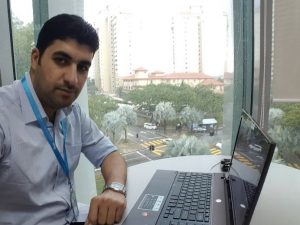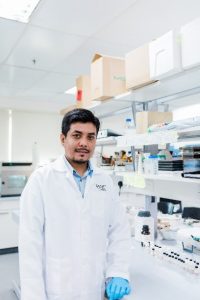[fusion_builder_container hundred_percent=”no” equal_height_columns=”no” menu_anchor=”” hide_on_mobile=”small-visibility,medium-visibility,large-visibility” class=”” id=”” background_color=”” background_image=”” background_position=”center center” background_repeat=”no-repeat” fade=”no” background_parallax=”none” parallax_speed=”0.3″ video_mp4=”” video_webm=”” video_ogv=”” video_url=”” video_aspect_ratio=”16:9″ video_loop=”yes” video_mute=”yes” overlay_color=”” overlay_opacity=”0.5″ video_preview_image=”” border_size=”” border_color=”” border_style=”solid” padding_top=”” padding_bottom=”” padding_left=”” padding_right=””][fusion_builder_row][fusion_builder_column type=”1_1″ layout=”1_1″ background_position=”left top” background_color=”” border_size=”” border_color=”” border_style=”solid” border_position=”all” spacing=”yes” background_image=”” background_repeat=”no-repeat” padding=”” margin_top=”0px” margin_bottom=”0px” class=”” id=”” animation_type=”” animation_speed=”0.3″ animation_direction=”left” hide_on_mobile=”small-visibility,medium-visibility,large-visibility” center_content=”no” last=”no” min_height=”” hover_type=”none” link=””][fusion_text] A job as a research scientist whether in industry or academia can be a stimulating, rewarding and fulfilling career. Research scientist gathers information and generate knowledge using both theoretical and experimental means. Utilising their versatile and variable skill sets, research scientists develop new products and processes to solve world problems. The roles and career paths of a research scientist are varied and may involve areas such as product testing and development, technical support, and marketing. The pathway to become a research scientist usually requires to have a MSc with research component or a PhD. The MSc in Analytical and Pharmaceutical Chemistry (MAPC) at IMU is one such programme that prepares graduates for a career in research or industry. The MAPC is a mixed-mode programme which combines research with taught courses. Students will embark on a guided research project during which they will be trained to become competent and confident researchers. The research project develops the student’s technical and practical competence, oral and written scientific communication skills. [/fusion_text][fusion_table]
[/fusion_table][fusion_text] Students in the programme develop research and industry relevant practical and technical skills upon reflection of learning the theoretical aspect. In the wet laboratory sessions, students are trained in experimental and instrumental techniques in separation science and in the analysis and identification of pharmaceuticals. Students will operate instruments including the high performance liquid chromatography (HLPC), Fourier Transform Infrared (FTIR) spectrometer and benchtop nuclear magnetic resonance (NMR) spectrometer. Apart from the wet laboratory sessions, students are trained to use the various computational tools in Schrodinger Discovery Suite, which is a leading drug discovery software used widely in pharmaceutical industries around the world. This method of integrated teaching prepares graduates for a future in both the industry and in academia. On-campus learning is scheduled for weekends so that working learners can fit their learning around their work, and learners have the option of part-time enrolment. There are two intakes in a year, in the months of March and September. The programme is accredited by the Malaysian Qualifications Agency and the Royal Society of Chemistry (RSC), UK. [/fusion_text][fusion_imageframe image_id=”36172″ style_type=”none” stylecolor=”” hover_type=”none” bordersize=”15″ bordercolor=”#ffffff” borderradius=”” align=”center” lightbox=”no” gallery_id=”” lightbox_image=”” alt=”” link=”” linktarget=”_self” hide_on_mobile=”small-visibility,medium-visibility,large-visibility” class=”” id=”” animation_type=”” animation_direction=”left” animation_speed=”0.3″ animation_offset=””]https://www.imu.edu.my/media/2019/07/RSC-logoAccredited-degree.jpg[/fusion_imageframe][/fusion_builder_column][/fusion_builder_row][/fusion_builder_container]




No approved comments.